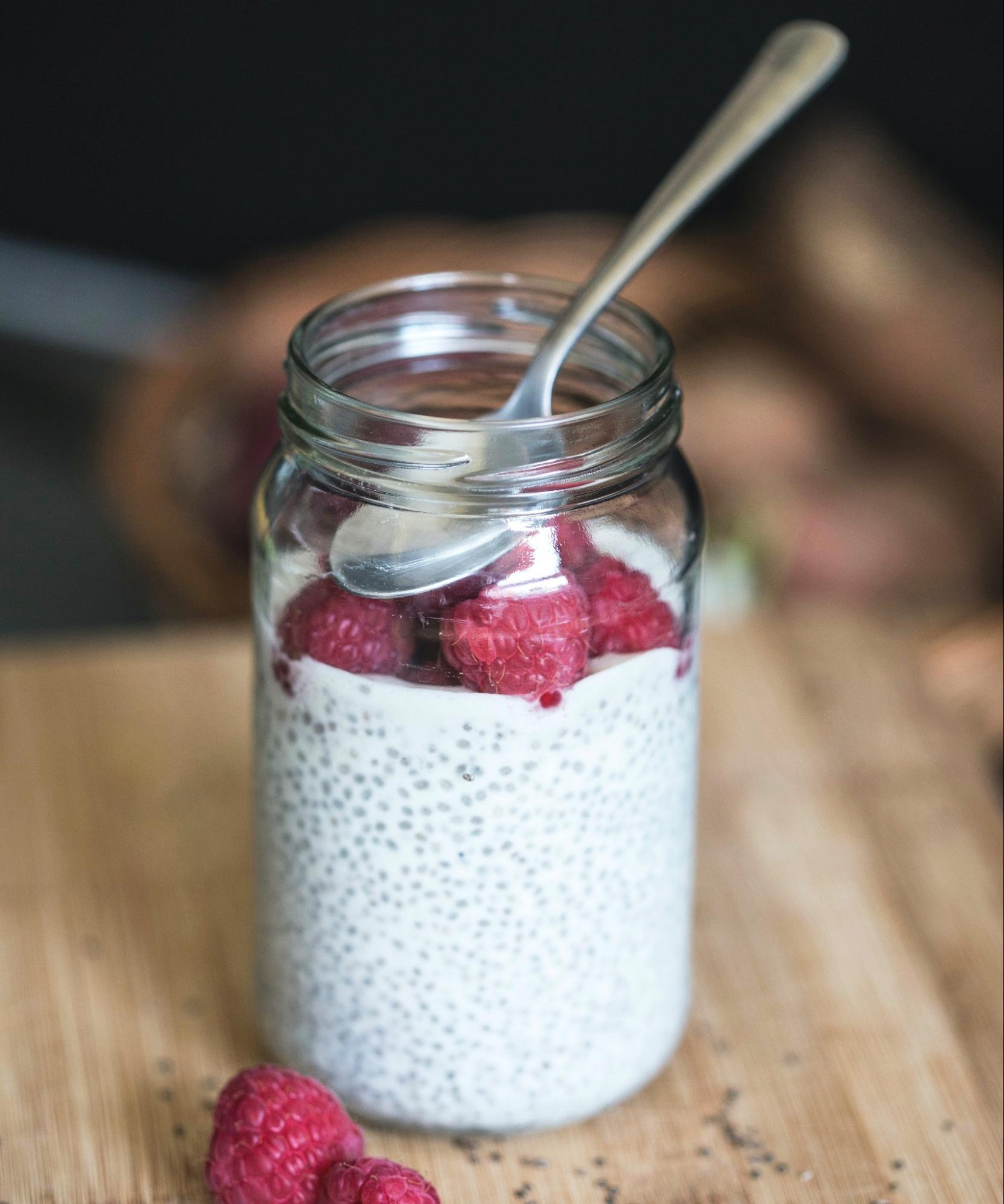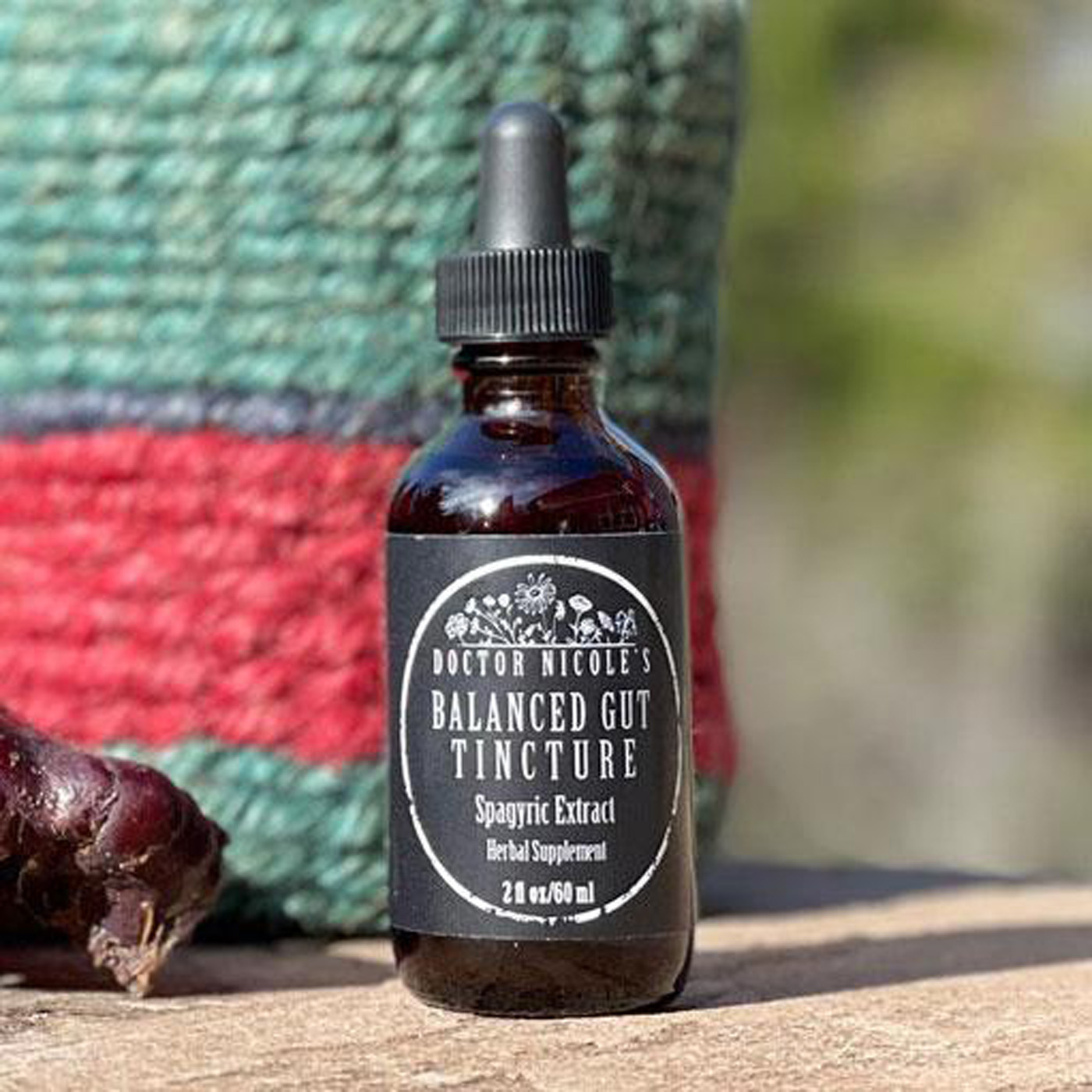What You Eat Matters
If you have considered a ketogenic diet for autoimmunity, good news! Research has shown it can be beneficial, especially since it addresses mitochondrial dysfunction — a condition that often goes hand-in-hand with autoimmune disorders such as multiple sclerosis (MS). The diet is also neuroprotective and is known to calm inflammation as long as trigger foods are eliminated. This is known as the Autoimmune Keto Diet. In this post we will cover the specific foods you should include and those you should avoid, as well as taking a look at the research that is supportive of this low-carbohydrate, high fat way of eating. Let’s begin!
Inflammation, Neurodegeneration, and Mitochondrial Dysfunction
You may be questioning what mitochondrial function has to do with autoimmune conditions like MS. While inflammation is a significant aspect of multiple sclerosis, researchers are now discovering that even when inflammation is under control, the disease still progresses. Researchers have also questioned whether neurodegeneration triggers inflammation or if it is the other way around. One study found that “neurodegeneration precedes and then causes the neuroinflammation seen in classical MS.” The team believes this is due to cellular degeneration that is the result of defective mitochondrial function, which in turn causes an autoimmune response in those who are “immunologically primed”.5,6
Additionally, there is strong evidence that multiple sclerosis involves impaired mitochondrial metabolism of glucose, which appears to be a significant factor of disease advancement. In one pilot study comparing 85 patients with relapsing and remitting MS and 54 patients with secondary progressive MS, along with 18 healthy controls, “extramitochondrial glucose metabolism showed a correlation with disease progression, suggesting that impaired mitochondrial metabolism of glucose may play a significant role in disease progression in progressive MS.”1,5
Moreover, researchers suspect that neurodegeneration in progressive MS may result in glucose hypometabolism and believe there is a therapeutic advantage to using ketone metabolism as an alternative energy supply. A study involving 47 MS patients with different levels of fatigue and 16 healthy controls “showed that the patients had reduced cerebral glucose metabolism in various regions within the brain, including the prefrontal, premotor, and supplementary motor areas and the putamen when compared to control subjects. There was an inverse correlation between degree of fatigue and glucose metabolic rate.” 2,3,5 These findings show the potential of reducing neurodegeneration in MS patients by providing the brain with a different source of fuel via a ketogenic diet.4

Autoimmune Keto Diet 101
This research shows that a ketogenic diet may be one of the best approaches to managing the symptoms of MS — I know it has been for me. However, if you are still consuming foods that trigger inflammation, the advantages of keto can be lost. This is why it is important to take either an IGG test or do an elimination diet for six weeks to identify any foods you may be reacting to. You will also want to focus on healing any gut issues as microbiome dysbiosis and leaky gut are not only associated with MS and inflammation, but can also increase your sensitivity to certain foods.
If you decide to try an autoimmune ketogenic elimination diet, you will want to steer clear of the most common keto trigger foods, such as nightshade vegetables (tomatoes, eggplant, bell peppers), eggs, nuts, seeds, coffee, grain-fed meats, and dairy. After the elimination period of a few weeks, you will slowly begin to reintroduce each food, taking special note if you have a reaction. To avoid any problems, introduce new foods one at a time with a few days in between. A food journal is helpful for documenting any reactions.

A typical ketogenic diet aims for 70-80% of calories from healthy fats, 15-20% from protein, and 5-10% from carbohydrates. Once you have finished your elimination diet and identified your trigger foods, a standard autoimmune ketogenic diet focuses on the following organic foods:
Healthy Fats
Avocados
Coconut
Olive oil
Pumpkin seeds
Flaxseed
Hemp
Chia seed
Borage seed oil
Almonds, cashews, and walnuts
Grass-fed butter and ghee
Omega-3 fatty acids from wild salmon, grass-fed beef, and free-range dairy.
Pastured Protein
Beef
Bison
Buffalo
Wild game
Chicken
Turkey
Collagen
Fruits & Vegetables
Cucumbers
Leafy greens
Asparagus
Broccoli
Cauliflower
Bok Choy
Arugula
Brussels sprouts
Cabbage
Olives
Berries
Grapefruit
Avocados
Granny Smith apples
Herbs, Spices, & Sweeteners
Basil
Cilantro
Oregano
Rosemary
Sage
Thyme
Cinnamon
Garlic
Ginger
Fennel
Cumin
Black pepper
Cardamom
Turmeric
Pink salt
Monk fruit
Stevia
Fermented foods (sauerkraut, kimchi, kombucha, kefir, yogurt), bone broth, and raw apple cider vinegar are also included in a healthy ketogenic diet. Since this is a low carbohydrate plan, sugar (white, brown, honey, maple syrup, coconut nectar, etc.) is off-limits. So are trans fats and vegetable/seed oils such as corn, canola, sunflower, peanut, safflower, grapeseed, and cottonseed because these can lead to mitochondrial dysfunction and inflammation. Processed meats, additives, preservatives, MSG, and artificial flavors and colors should be eliminated as well.
Herbal Medicines for Autoimmunity
Several herbal remedies have been crucial for getting me up and out of my wheelchair and thriving again. Each of the following remedies can be found in my convenient Warrior Bundle or are available individually.
Mushroom Trio — Formulated with three potent adaptogenic botanicals, our Mushroom Trio bundle contains dual-extracted, fruiting body tinctures of Lion’s Mane, Reishi, and Turkey Tail. Each mushroom has unique, research-backed benefits that include: lowering inflammation, modulating the immune system, fighting viral and bacterial infections, improving cognitive function, stimulating Nerve Growth Factor (NGF), inhibiting cancer, easing the stress response, boosting energy, lessening brain fog, and managing blood sugar.
Balanced Gut Blend — Our balanced gut formulation contains anti-inflammatory and soothing herbs that help to repair the intestinal tract and restore healthy gut function.
Travel Pack — Here are the three herbal remedies I never leave home without! Our Travel Pack contains immune-boosting Elderberry tincture, antimicrobial Usnea throat spray, and a tin of our antiviral and antibacterial All-Purpose (First Aid) Salve, which can be used inside the nose as a preventative to avoid catching the latest bug making the rounds. The Usnea spray helps to prevent catching contagious illness and Elderberry is known to shorten the duration of colds and flu.
AN ANSWER TO OUR PRAYERS!
“Your tinctures have literally changed my life in only the month or so I’ve been taking them — and the life of my mom, who has PPMS. I immediately got my mom to buy your MS bundle and after just over two weeks she was able to lift her right leg off the ground. That may not sound like much, but that leg has been COMPLETELY paralyzed for three whole years. I can’t tell you how grateful I am for you and your products. You are 100% an answer to our prayers.” -Amanda L.
My apothecary is a tremendous resource of health and wellness information — including the science behind our formulations and why they are the gold standard of medicinal tinctures. Visit today to learn more!
Nicole Apelian
Nicole’s Apothecary Products in this Post
References
- Regenold, W. T., Phatak, P., Makley, M. J., Stone, R. D., & Kling, M. A. (2008). Cerebrospinal fluid evidence of increased extra-mitochondrial glucose metabolism implicates mitochondrial dysfunction in multiple sclerosis disease progression. Journal of the neurological sciences, 275(1-2), 106–112. https://doi.org/10.1016/j.jns.2008.07.032
- Kindred, J. H., Tuulari, J. J., Bucci, M., Kalliokoski, K. K., & Rudroff, T. (2015). Walking Speed and Brain Glucose Uptake are Uncoupled in Patients with Multiple Sclerosis. Frontiers in human neuroscience, 9, 84. https://doi.org/10.3389/fnhum.2015.00084
- Costantini, L. C., Barr, L. J., Vogel, J. L., & Henderson, S. T. (2008). Hypometabolism as a therapeutic target in Alzheimer’s disease. BMC neuroscience, 9 Suppl 2(Suppl 2), S16. https://doi.org/10.1186/1471-2202-9-S2-S16
- Storoni, M., & Plant, G. T. (2015). The Therapeutic Potential of the Ketogenic Diet in Treating Progressive Multiple Sclerosis. Multiple sclerosis international, 2015, 681289. https://doi.org/10.1155/2015/681289
- Stys P. K. (2010). Multiple sclerosis: autoimmune disease or autoimmune reaction?. The Canadian journal of neurological sciences. Le journal canadien des sciences neurologiques, 37 Suppl 2, S16–S23. https://doi.org/10.1017/s0317167100022393








